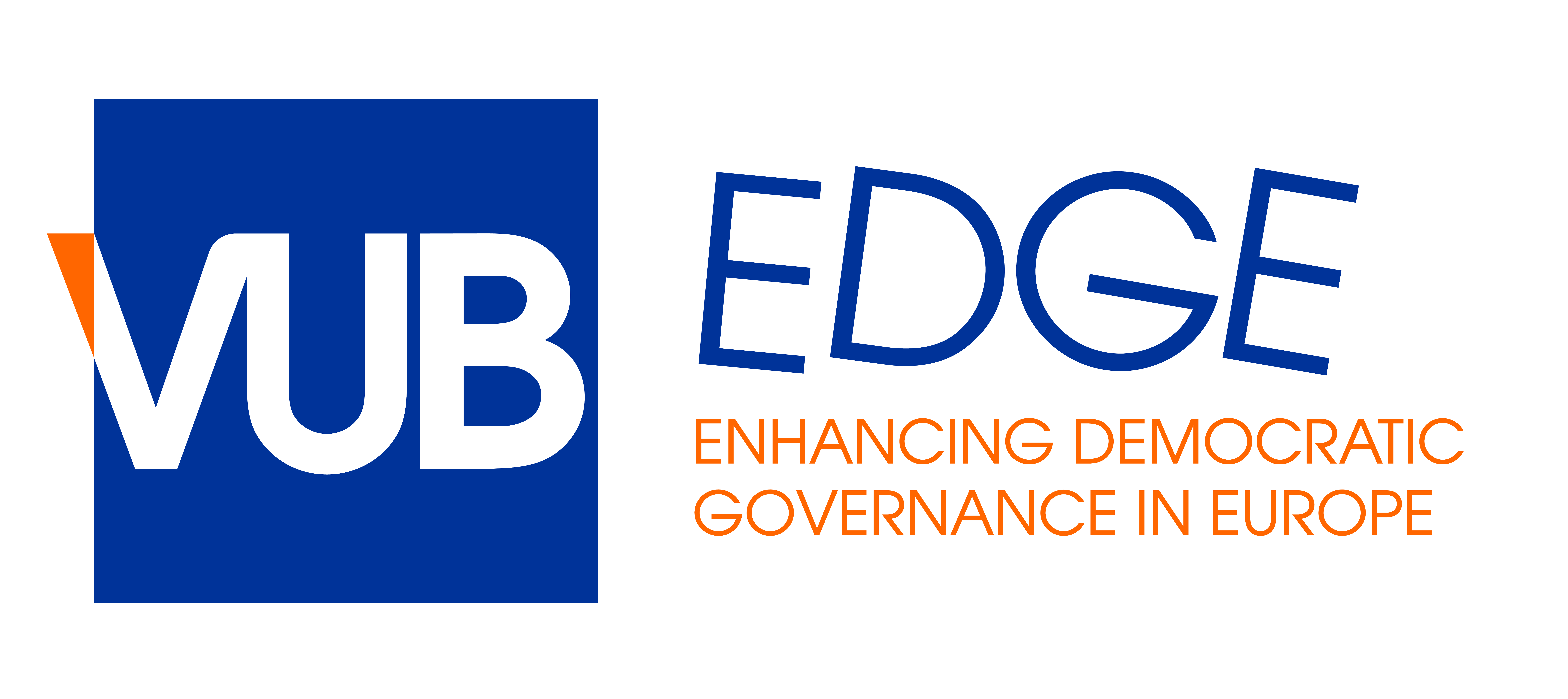The EU’s Representation at the UN Climate Negotiations Post-Lisbon: How Secrecy Seeps In
The European Union’s participation in the United Nations Framework Convention on Climate Change (UNFCCC) is characterised by an informal division of labour. The EU is represented by a few ‘lead negotiators’ and several ‘issue leaders’ from EU member statesand the European Commission. The peculiar mixed composition of the EU’s negotiation team makes one wonder how confidential information is managed by these actors. Closely related, it brings up the question of what the influence of the ‘struggle for power’ both among and within the involved institutions is on how the EU negotiation team deals with sensitive information. The article that will be discussed in the EDGE Seminar tries to answer these questions. It finds that while the EU’s system of representation at the UNFCCC is quite transparent in general, secrecy seeps into the internal coordination process when quick and efficient decision-making by a small group is placed above transparency. In addition, in the institutional competition for power, access to privileged information has become a source of power that has shaped the interactions among the EU institutions, stimulating secrecy.
